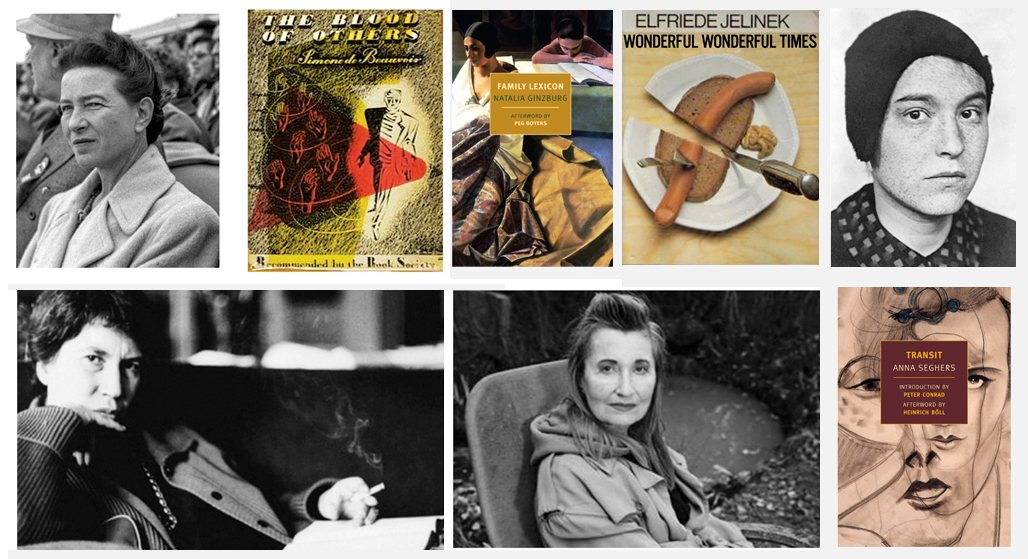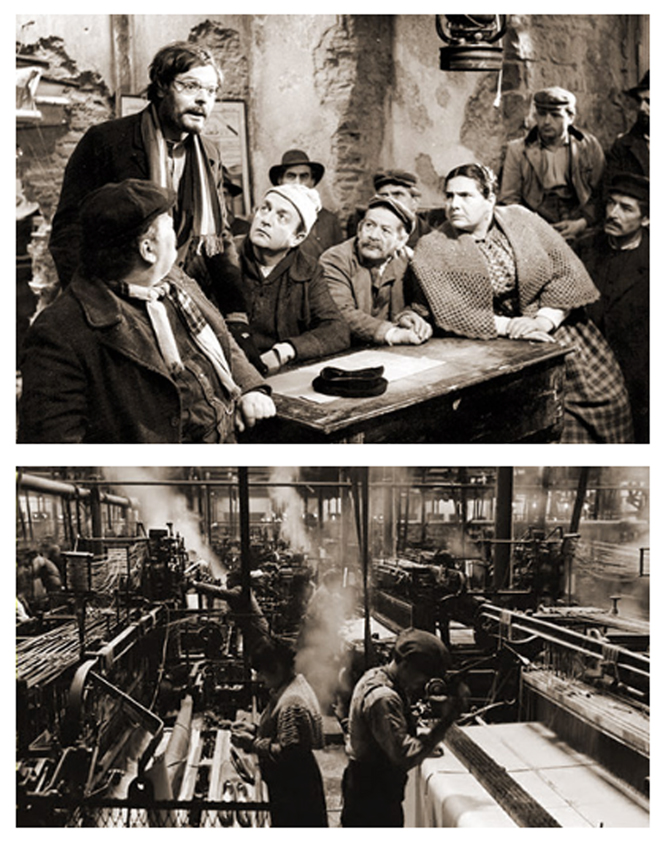Women Write Against Fascism
We will look at themes around resistance and collaboration. Beauvoir and Ginzburg write of the period occupation by the Nazis in Vichy France and the period of Mussolini’s fascist dictatorship in Italy, while Jelinek’s Wonderful Wonderful Times describes the lingering effects naziism had during the years of recovery from the fascist years in Austria in society and within a family.


